Baby Coughing – Causes, Symptoms and Treatment

Newborn babies are prone to viral infections like cough and the common cold because their immune systems are not developed enough to fight viruses. A persistent cough in babies can lead to a painful throat along with aches and shivers. Coughing babies often experience discomfort and distress, making it crucial for parents to understand how to alleviate their symptoms. To help get rid of these symptoms, it is important to know the causes and symptoms of cough, and how it can be prevented. In this article, we shall discuss most things of cough in babies that parents should know.
Types of Cough in Babies
There are four types of cough that affect babies: wet cough, dry cough, croup cough, and whooping cough. Here is an overview of each type of cough and what they mean for your child.
1. Croup Cough
Croup is a disease associated with a dry, woofing, and harsh cough. In this condition, the child suffers from a swollen upper trachea or windpipe. The swelling below the vocal cords is responsible for the barking sound. You may also notice that the child makes a high-pitched sound during breathing, known as stridor.
2. Dry Cough
This is a broken cough resulting from infection due to cold or influenza in babies. It affects the upper respiratory tract, including the nose and throat. You may notice that such a cough gets worse in warm temperatures or the moment the child retires to bed.
3. Wet Cough
A wet cough occurs when phlegm and fluid secretions accumulate in the lower respiratory tract, which comprises the windpipe and lungs.
4. Whooping Cough (Pertussis)
A child with whooping cough will show symptoms comparable to normal cough, but it worsens with frequent bouts of coughing, especially during nights. The recurrent coughing fits will be followed by a series of 5 to 15 abrupt coughs one after the other. The child may take deep breaths that sound like whooping.
What Causes Cough in Babies?
A baby’s cough is a response to the mucus in the system as a way to get rid of it, and also is a reaction to the irritation caused by the swollen airways and throat. There are several reasons for coughing in babies, but the most common reason is cold or flu.
1. Cold
A cold can result in a cough, and the baby will be troubled by a runny or stuffy nose accompanied by watery eyes, sore throat, and fever.
2. Flu
Flu is similar to a common cold. In this condition, the baby will have a runny nose, fever, and can also experience diarrhoea or vomiting. The cough because of flu will be dry and not ‘chesty’, meaning that your baby will have lesser mucus to cough up.
3. Croup
If the baby is suffering from croup, the swollen airways will cause coughing. With narrow airways, babies will find it difficult to breathe.
4. Whooping Cough
The child will cough up a lot of mucus and make a ‘whoop’ sound while breathing in air. It is generally a bacterial infection.
5. Asthma
Asthma can be one of the reasons for the baby to begin coughing. A baby suffering from asthma will have tightness in his chest, and a wheeze while breathing in and out.
6. Tuberculosis (TB)
Continuous coughs that refuse to go away can be a sign of TB. A cough resulting from TB will stay for close to two weeks. A baby might cough blood out, feel breathless, and show loss of appetite, accompanied by fever.
7. Viral infections
These can lead to conditions such as bronchitis and pneumonia.
8. Choking
If you notice the child coughing all of a sudden and wheezing because of a blockage in the nose or throat, it could be because he has inhaled a foreign object.
Cough in Babies – Signs and Symptoms
The signs and symptoms of cough should raise the alarm for parents because it could be the cause of a serious illness as well. The symptoms vary according to the cause of the cough. Some of the symptoms are given below:
- A cough as a result of cold is loose and may form mucus. Baby cough at night gets worse because when the child lies down, mucus drops from the back of his nose and mouth into the windpipe. At times, the cough might stay for up to six weeks even when other symptoms of cold have gone.
- A cough resulting from asthma is mostly worse at night. It could be accompanied by wheezing and breathing difficulties.
- In case you notice a barking, hoarse cough, it is a possible sign of croup.
- If your child has just recovered from a cold but is troubled with bouts of coughing for many weeks after the cold, it could be whooping cough. The condition can get serious, and the child may appear somewhat blue because of temporary oxygen deficiency during breathing.
- If a child less than a year old keeps coughing and has breathing difficulties, these could be symptoms of bronchiolitis.
Why Are Baby Coughs Different From One Another?
Baby coughs can vary significantly due to several factors. The type of cough a baby has often depends on the underlying cause, such as a viral or bacterial infection, allergies, or environmental irritants. For example, a dry cough may indicate a viral infection like the common cold, while a wet cough could suggest a bacterial infection or mucus buildup. Additionally, the age and overall health of the baby can influence the nature of the cough, as younger infants may have more sensitive respiratory systems. Understanding the differences in baby coughs helps in identifying the appropriate treatment and care.
Tests for Cough
Most children having a cough don’t require any tests. You can find the cause of cough by keeping a note of the history of coughs in your child. Also, note the other symptoms that accompany the cough. Generally, cough tests for babies which are prescribed by doctors include a chest X-ray for checking pneumonia.
Treatment for Baby Coughing
If your child is experiencing coughing fits too often, you can consider the following treatments:
1. Feeding soups or hot liquids can give relief from discomfort and irritation in the chest and can loosen mucus.
2. It is suggested that the child be allowed to inhale air with moisture. You can ensure this in the following ways:
- Keep a cool-mist humidifier where your child rests.
- You can even let a warm shower run in a closed bathroom and sit in it with your child once the room is filled with steam for around 10 minutes.
- You can try keeping a wet towel in your child’s room.
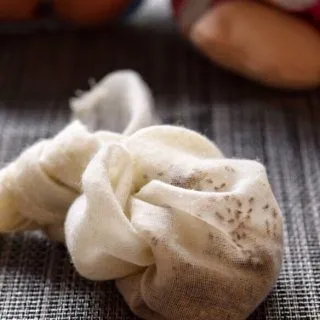
Source: Pinterest
3. A child with a dry cough or croup cough may feel better after inhaling cool air. The cool air will lessen the inflammation in the respiratory tract. You can try this in the following ways:
- Keep your windows open to let the child breathe in the cool and humid air.
- You can also take your child on a drive with the car windows open.
- You can let the child snuffle the vapour from a freezer or open refrigerator.
4. You can give cough medications after consulting a paediatrician.
5. There are vaccinations for whooping cough for children. But remember, even after the vaccination, there is a possibility that the child may develop a mild degree of the disease.
If your baby is coughing a lot, make sure you consult your child’s paediatrician for all the above options.
How Long Does Cough Last in Babies?
The duration of a cough in babies can vary based on the cause and severity of the infection. Generally, a mild viral cough may last for about one to two weeks. However, if the cough is due to a more severe infection, such as bronchitis or pneumonia, it can persist for three weeks or longer. Allergies or asthma can also lead to chronic coughing that may last for an extended period, often requiring medical intervention. It’s important for parents to monitor the duration and severity of the cough and consult a healthcare provider if it persists beyond two weeks or is accompanied by other concerning symptoms.
Effective Home Remedies for Cough in Infants
You can find some relief for your coughing baby by turning to these effective baby cough remedies available at home:
1. Breast Milk
If possible, breastfeed your baby because breast milk contains antibodies which help the baby’s body build immunity against germs, viruses and bacteria.
2. Massage With Infused Coconut Oil
Heat half cup of coconut oil with one pearl onion, 2-3 tulsi leaves and one betel stem. Switch off the gas and add a pinch of camphor. Applying this oil on areas such as the chest, neck, and underarms can ease nasal congestion and trigger an open and smooth airflow.
3. Garlic and Carom (Ajwain) Pouch
Garlic and carom seeds are good for cold treatment because of their anti-bacterial and anti-viral properties. For this, dry roast two big cloves of garlic and one tablespoon of ajwain. Once it cools down, place the mixture in a clean muslin cloth to make a tight pouch. Keep the pouch hidden under the baby’s pillow or cot. The aroma from the pouch can help in opening up the blocked nose and provide relief from congestion. You can also heat the pouch a little bit and gently rub it on your baby’s chest. Make sure the pouch isn’t too hot, though.

Source: Pinterest
4. Massage With Mustard Oil Infused in Garlic and Carom Seeds
For this, take about one-fourth cup of warm mustard oil infused with crushed garlic. Massage this oil on the soles of the baby’s feet and chest. A pinch of carom seeds can be added to this too. Mustard oil has a warming effect that helps soothe congestion.
5. Turmeric Paste
Mix some turmeric powder in water to form a paste and heat it in a ladle. Apply the paste on the chest, forehead and feet. The heat from the turmeric can absorb the mucus and provide relief.
6. Eucalyptus Oil
This oil has expectorant properties (helps bring up and expel mucus) and can be used for cold relief. Add 1-2 drops of eucalyptus oil in cotton and keep it in the baby’s room. This remedy is not recommended in small babies (babies under 2 years old).
7. Tomato and Garlic Soup
These ingredients, when added to soup, help in strengthening the immune system and preventing the occurrence of cold and cough.
8. Ajwain Water With Jaggery
Ajwain contains antimicrobial properties. Boil one cup of water with a pinch of ajwain and one teaspoon of jaggery. Then strain, cool, and give one teaspoon once a day for cough relief. This remedy is only for those babies who have been introduced to spices, water, and jaggery.
9. Carrot Juice
Carrots contain beta carotene and choline, which are effective against asthma. Give your baby carrot juice diluted in boiled water.
10. Kesar Tilak
This is a traditional remedy in which a few threads of saffron (kesar) are rubbed to form a paste and applied on the sole and forehead of the baby at night. It is believed that it helps in absorbing the water stored in the baby’s forehead.
11. Hair Oil Made From Drumstick Leaves
Heat half a cup of coconut oil and add some drumstick leaves. Drumstick leaves are rich in Vitamin C. When the leaves release their oils, cool the mixture. You can use this oil on the baby’s hair during bouts of cough, cold and congestion.
12. Chicken Soup
Chicken soup can relieve cold symptoms, congestion, and cough for babies who have been weaned onto solids.
13. Honey
It is known for its mucolytic effect or its capability to soften dry cough. You can administer a spoon of honey for soothing your baby’s cough. Make sure you administer this remedy only if your baby is older than a year as honey can trigger botulism (a kind of poisoning) in babies under one year of age.
14. Ginger and Tulsi
Crush ginger and tulsi to extract the juice, and add honey before giving it to your baby.
When to Visit a Doctor?
Wondering about baby cough and when to worry? Most coughs in babies get better in a few days with the help of care and rest. However, if your baby shows any of the following symptoms, you should visit the doctor:
- If the child is suffering from a dry cough which lasts for more than four days.
- The dry or wet cough is accompanied with a cold and fever, wheezing, and spells of coughing.
- The child is wheezing rapidly, groaning, turning blue, or rapidly retracting and expanding his stomach.
- The child is experiencing a loss of appetite and weight.
How to Keep Baby Away From Cough?
You can protect your child from cough in the following ways:
- Make sure your child is covered up if the weather is cold.
- Seek treatment for asthma if that is the trigger of persistent coughing.
- Protect against infections with appropriate vaccines.
- Don’t let the child eat whole nuts or play with small objects that can be easily inhaled. This will prevent choking.
- Ensure basic hygiene like washing hands to be safe from germs and viruses.
- Ensure that your child is in a room with appropriate levels of humidity.
FAQs
1. Can teething cause a baby to cough?
Yes, teething can sometimes cause a baby to cough. As babies teethe, they produce more saliva, which can lead to drooling and occasionally cause coughing or gagging. While teething-related coughs are generally not a cause for concern, it’s important to ensure that the cough is not due to an underlying infection or other medical issue.
2. Is a baby’s cough contagious?
A baby’s cough can be contagious if it is caused by a viral or bacterial infection, such as the common cold, flu, or respiratory syncytial virus (RSV). These infections can spread through droplets when the baby coughs or sneezes. Practicing good hygiene, such as frequent hand washing and avoiding close contact with sick individuals, can help reduce the risk of spreading infections.
3. Can environmental factors trigger a baby’s cough?
Yes, environmental factors can trigger a baby’s cough. Exposure to smoke, strong odors, pollution, or allergens like pet dander and dust mites can irritate a baby’s respiratory system, leading to coughing. Ensuring a clean and smoke-free environment can help minimize the risk of environmental triggers causing a cough in babies.
These tips can go a long way in preventing the recurrence of cough in your child. Try the remedies given above if your little one has a cough. However, if the cough persists or worsens, you must take you little on to a paediatrician immediately.
References/Resources:
1. How to Care for Your Child’s Cold; American Academy of Pediatrics; https://www.healthychildren.org/English/health-issues/conditions/flu/Pages/caring-for-Your-childs-cold-or-flu.aspx
2. Dry Cough and Chest Tightness; Cleveland Clinic; https://my.clevelandclinic.org/health/symptoms/21888-dry-cough-and-chest-tightness
3. Consolini. M; Cough in Children; Merck Manual; https://www.merckmanuals.com/home/children-s-health-issues/symptoms-in-infants-and-children/cough-in-children
4. Asthma in Infants; Asthma and Allergy Foundation of America; https://aafa.org/asthma/living-with-asthma/asthma-in-infants/
5. Coughs: Meds or Home Remedies?; Seattle Children’s Hospital; https://www.seattlechildrens.org/conditions/a-z/coughs-meds-or-home-remedies/
6. Croup; St. Louis Children’s Hospital; https://www.stlouischildrens.org/conditions-treatments/croup
7. Common cold in babies; Mayo Clinic; https://www.mayoclinic.org/diseases-conditions/common-cold-in-babies/diagnosis-treatment/drc-20351657
Also Read:
Chest Congestion in Babies
Nasal Congestion In Babies
Baby Is Fake Coughing – What to Do?
Home Remedies for Cold & Cough in Babies
Was This Article Helpful?
Parenting is a huge responsibility, for you as a caregiver, but also for us as a parenting content platform. We understand that and take our responsibility of creating credible content seriously. FirstCry Parenting articles are written and published only after extensive research using factually sound references to deliver quality content that is accurate, validated by experts, and completely reliable. To understand how we go about creating content that is credible, read our editorial policy here.






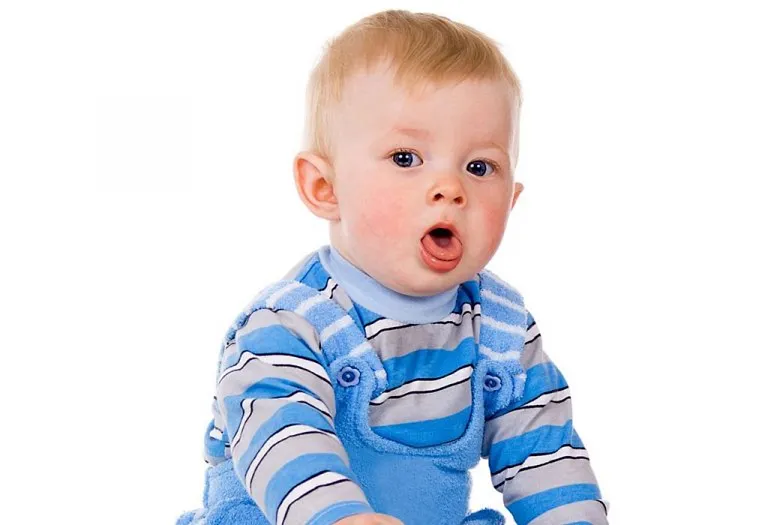
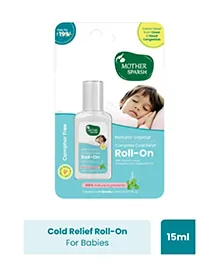
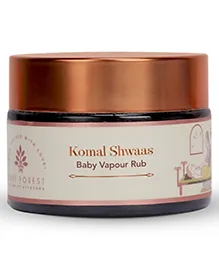
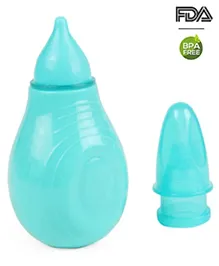
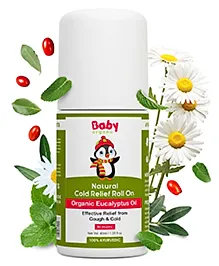
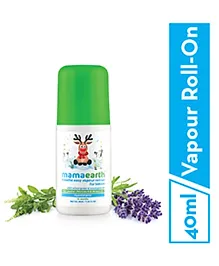
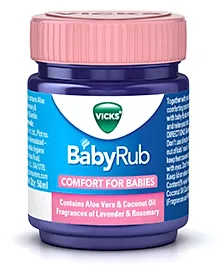
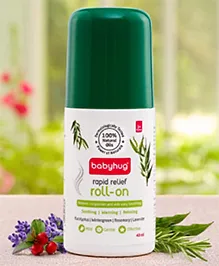

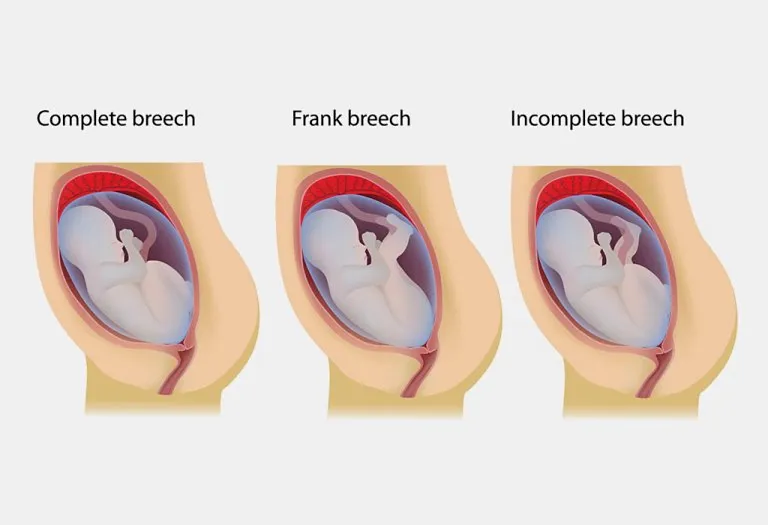
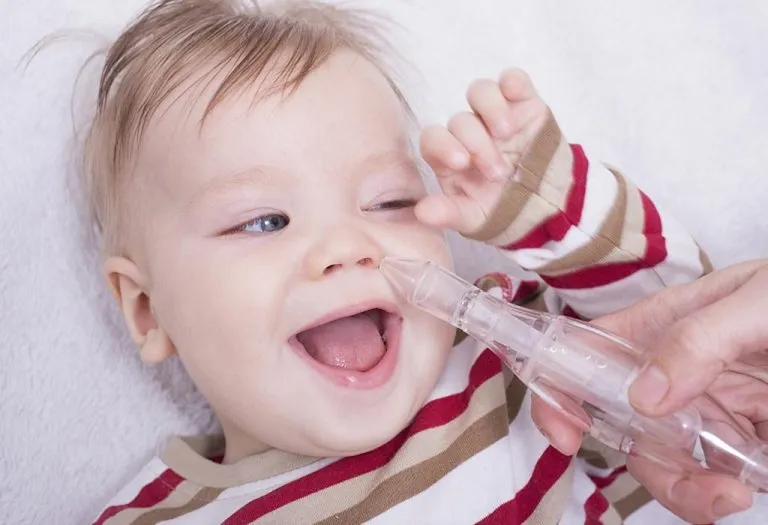
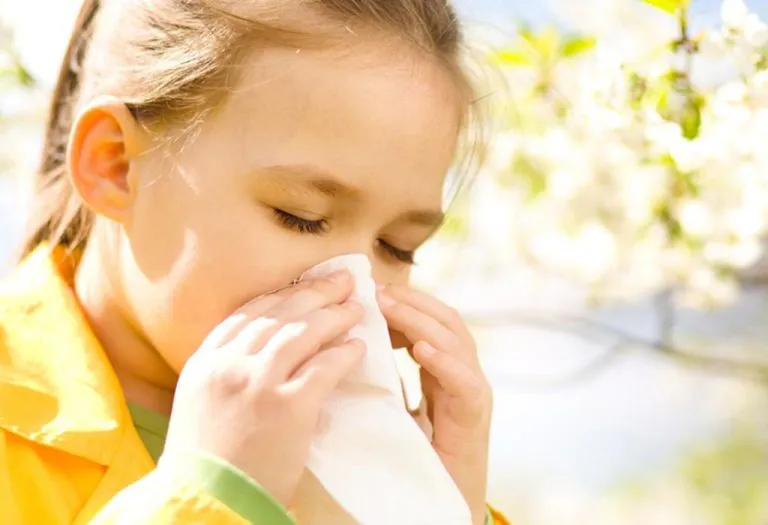



.svg)


















